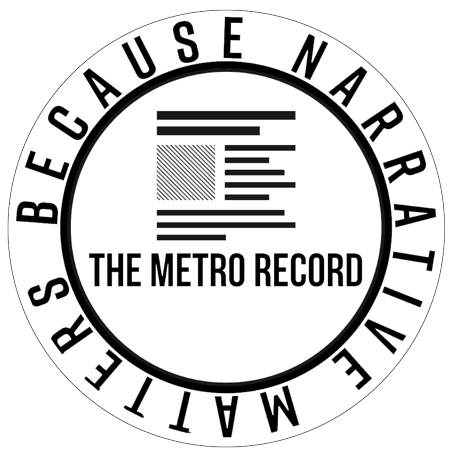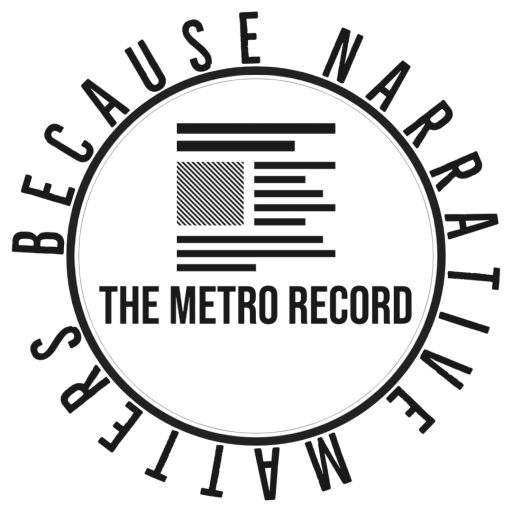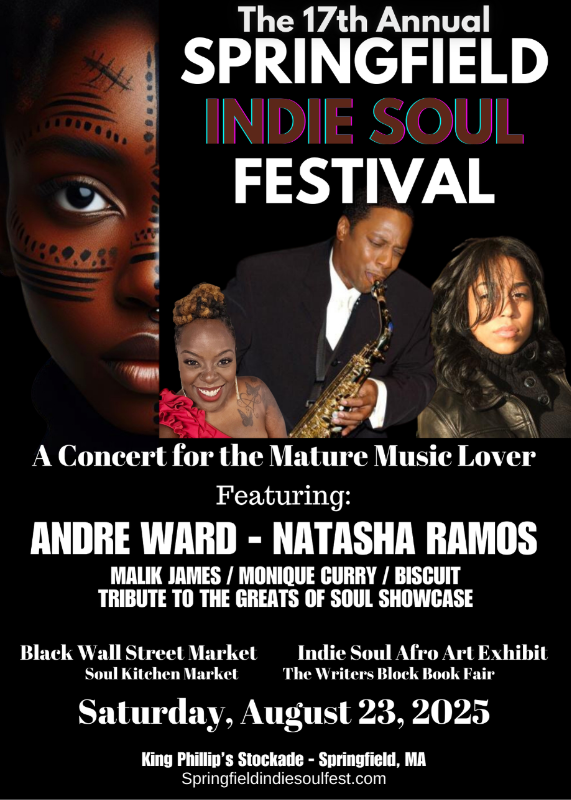Nigerian author Chika Unigwe recently shared a story on Twitter about a time when she couldn’t find €100 that she had left on her desk after her cleaner had finished tidying her apartment. Though she suspected something might have happened, she chose not to ask her cleaner about it because she had no proof and valued the relationship. Later, a CD went missing under similar circumstances, but once again, she refrained from questioning the cleaner, instead deciding to be more careful. The cleaner continued to work for her for several years until she passed away.
Years later, as Chika was preparing to move to another continent, she found the missing €100 tucked into a coat pocket and the CD lodged inside a multi-disc player. Reflecting on this, she wrote, “I was grateful to find my stuff back, but more grateful that I never accused this now-deceased woman of stealing them, because I wouldn’t have had the chance to ask for her forgiveness. My point is that unless you are 100% sure, do not throw accusations around.”
While Chika’s caution about making accusations without proof is wise, some have argued that simply asking someone if they found missing items is different from accusing them of stealing. After all, it’s common to ask family members, including children, if they’ve seen something that’s gone missing, without it being an accusation.
However, Chika’s situation is complicated by a class divide. Without a strong relationship, asking a cleaner if they found something could easily be perceived as an accusation of theft, even if that wasn’t the intention.
This story reminds me of a neighbor from my childhood who was known for stealing. He would take things from people’s homes and disappear for months, returning only after enough time had passed for everyone to have moved on. Though he eventually stopped stealing, his past actions followed him, and he was always the first to be questioned whenever something went missing, even if he wasn’t around at the time. He once confided in my mother that, though he understood why people suspected him, he felt embarrassed and ashamed to be accused of theft for things he hadn’t taken.
This experience taught me that past actions can turn a simple question into an accusation. In the case of my neighbor, his history of stealing made him feel accused even when he was asked in the same way others were. If it had been anyone else, they might have just seen it as a question and nothing more.
Returning to Chika’s story, if her relationship with the cleaner had been different, asking about the missing items might not have been interpreted as an accusation. But given the class divide between them, Chika was likely right not to ask, as the cleaner might have felt unfairly accused.
The nature of the missing item also plays a role in whether we choose to ask or not. If it had been something more valuable or personally significant, like a gold bracelet or a cherished gift, Chika might have felt compelled to ask, even if it risked misunderstanding.
In any situation, there’s a fine line between asking and accusing, and it often comes down to the tone and manner in which we speak, as well as the nature of our relationships. For example, there’s a big difference between saying, “Honey, I can’t find my wallet—did you see it or can you help me look?” and “Honey, you took my money—give it back.” One is a question, the other an accusation.
Ultimately, whether a question is perceived as an accusation depends on the context, the relationship, and the way we ask. So, what would you have done in Chika’s situation? Would you have asked, or let it go?





